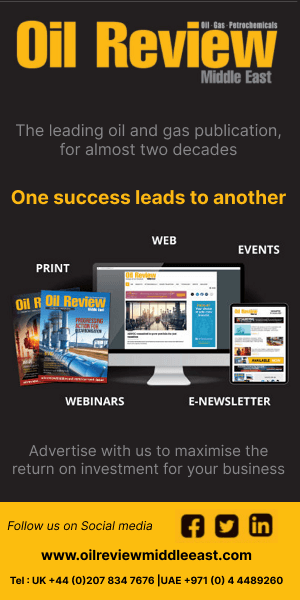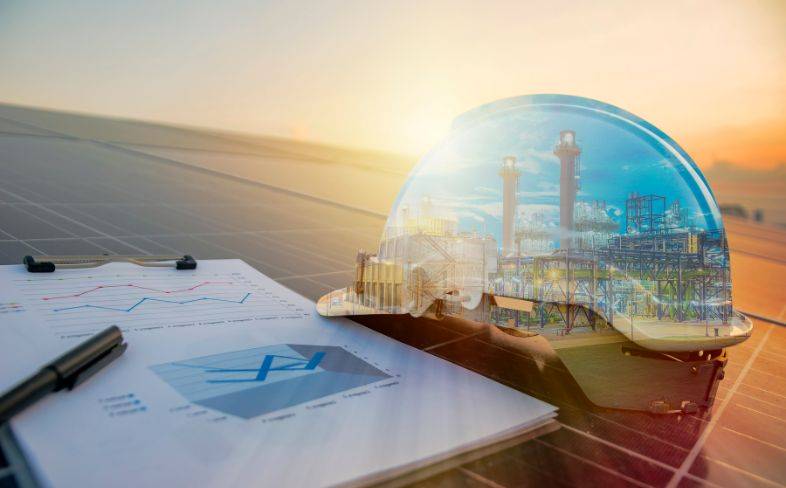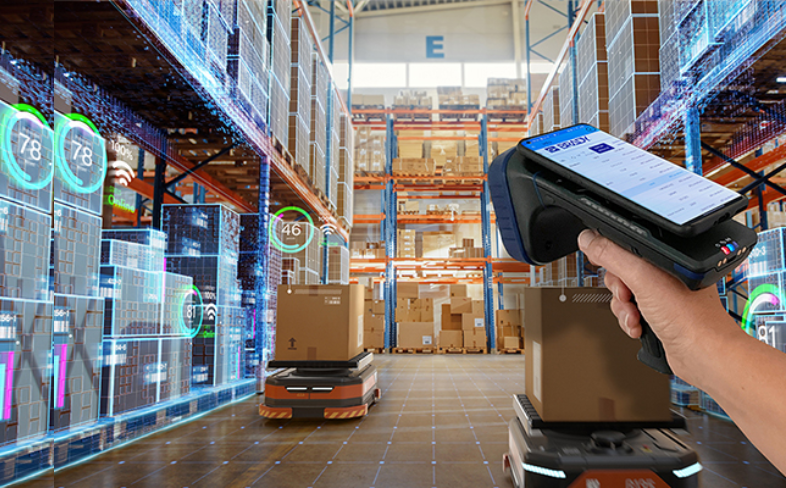Saeed Alabbar, chairman of Emirates Green Building Council (EmiratesGBC), in talks with Technical Review Middle East about the UAE?s sustainable construction practices and the council?s role in fulfilling the criteria
Technical Review Middle East (TRME): In the decade since its inception, how has EmiratesGBC?s role as the UAE?s sustainability partner evolved?
Saeed Alabbar (SA): The EmiratesGBC is an independent forum aimed at conserving the environment by strengthening and promoting green building practices. Ever since our inception in 2006, we have focused on promoting dialogue and positive action in promoting green buildings.
EmiratesGBC has played a central role in facilitating the Green Building agenda in the UAE, working as a catalyst between the public and the private sector. As an independent entity supporting the evolution of the UAE as a green economy, our role is to serve as a common platform for all stakeholders to meet, interact, discuss and exchange ideas for promoting sustainable built environments, support decision-making and influence policy-making. We do this through our events and programmes that can help in affecting these changes in sustainable building developments.
We have partnered with several government departments over the years that have sustainability as their core agenda, such as the Ministry of Infrastructure Development, the Dubai Supreme Council of Energy, the Abu Dhabi Urban Planning Council, among others, to create opportunities that drive the nation?s vision on a green economy. We also encourage the private sector and the community to become active participants in driving sustainable built environments. We have served as a catalyst in energy efficiency in existing building stock through introducing technical programmes as well as facilitate the growth of the energy efficiency market, and work to increase awareness and capacity building.
EmiratesGBC functions as a common platform for all stakeholders in the building industry supply chain, whereby they can meet, discuss, interact, and exchange ground-breaking ideas and help promote a sustainable built environment.
Through the last 10 years, EmiratesGBC has launched several initiatives, which added tremendous value to the sector. We launched the EmiratesGBC ?Energy Efficiency Programme? (EEP) that consists of an online database that serves as a catalyst for all stakeholders to support the growing number of building retrofit projects.
We are also committed to supporting the current focus of the UAE in retrofitting buildings to achieve the nation?s overarching sustainable development goals. For this, we launched the Technical Guidelines for Retrofitting Existing Buildings, a handbook in English and Arabic, which serves as a textbook for the recently launched EmiratesGBC Building Retrofit Training Programme taking place in August and September 2017. The BRT Programme is in partnership with Dubai Supreme Council of Energy and Masdar.
Last year, we published the first energy and water benchmarking report that covered the UAE?s hotels. This year, we have partnered with Dubai Supreme Council of Energy to benchmark the energy performance of Dubai hotels, malls and schools under the Dubai?s commitment for the Building Efficiency Accelerator.
Our recent launch of the ?Green Building Tooltips,? freely accessible online on our website as a rich online resource on best practices, will help the construction industry and community to make their built environments more sustainable.
Additionally, our regular networking event ?Focus Days?, the annual MENA Green Building Awards, and the annual EmiratesGBC Congress promote dialogue among industry stakeholders in driving sustainable development.
TRME: In 2013, Dubai became home to the world?s largest sustainable building with a Platinum rating. Are there more projects like this that we can look forward to in the future in the emirates?
SA: The UAE is definitely seeing a paradigm shift in how buildings are being constructed. What we want is to see a holistic approach to green buildings and we have seen a significant increase in the number of LEED certified buildings, placing Dubai third among global cities in the world with the highest number of green buildings under both LEED and BREEAM certification.
According to EmiratesGBC?s Green Building Market Brief May 2017, the total number of LEED Certified and Registered projects in the UAE are 191 and 897 projects, respectively. Furthermore, regulations by authorities such as the Dubai Municipality (Dubai Green Building Regulations and Specifications) and free zone authorities such as Trakhees ? (Health, Safety and Environment), have mandated many green building features for new constructions in Dubai. This has further been strengthened with the launch of Al Sa?fat, the new building rating system introduced by the Dubai Municipality. The new system energises the ongoing initiatives to promote sustainable buildings, a key area of EmiratesGBC.
In Abu Dhabi, the Estidama Pearl Rating System (PRS) is currently mandatory for proposed villas, buildings and community projects that fall under the ownership of developers.
TRME: EmiratesGBC recently launched the Green Building Tooltips. Does this mean that the building has to be retrofitted or do the residents also have the option of following energy saving steps without making any changes to their assets?
SA: The EmiratesGBC Green Building Tooltips aim to familiarise readers from various backgrounds about sustainability measures, best practices and behavioural changes. The tooltips address low cost energy savings measures that require minimal changes to assets within schools, offices or homes.
The ?Lifestyle and Awareness? section in the Green Building Tool tips highlights these behavioural changes by addressing the following topics ? plastics, recyclables, electronics and electrical appliances, energy, laundry and water demand usage.
To continue reading, please take a look at the Technical Review Middle East?s Annual Construction Issue 2017.




























